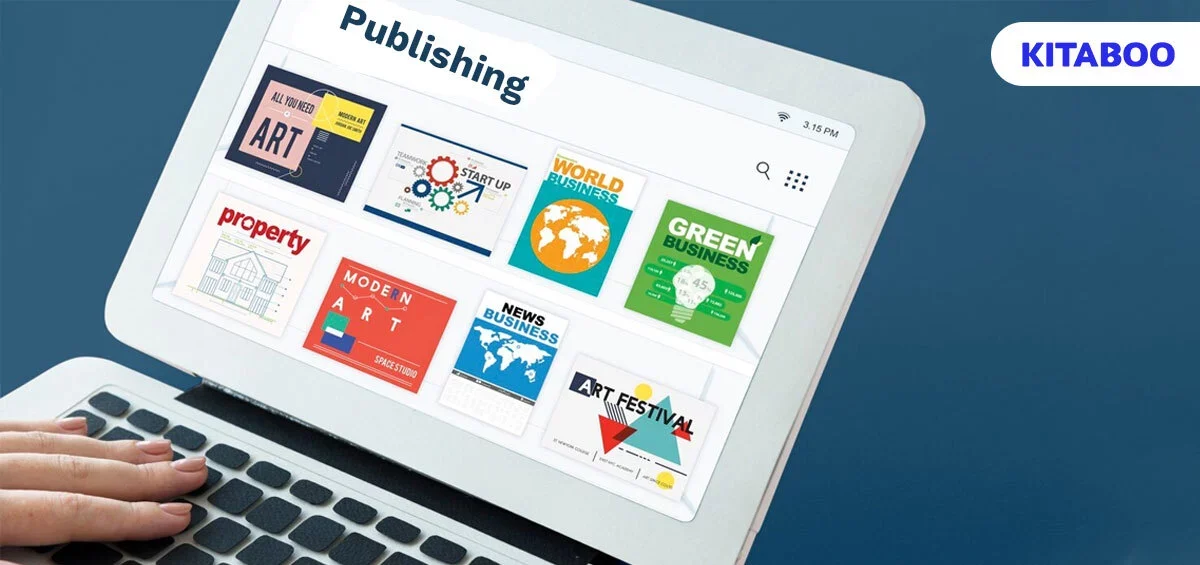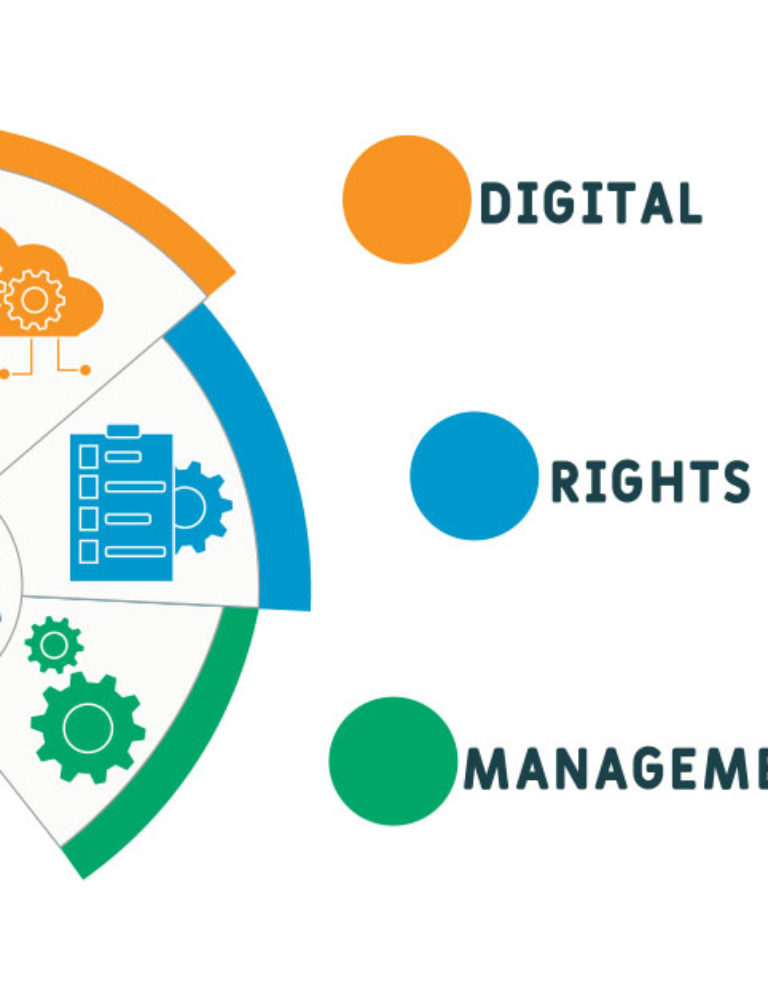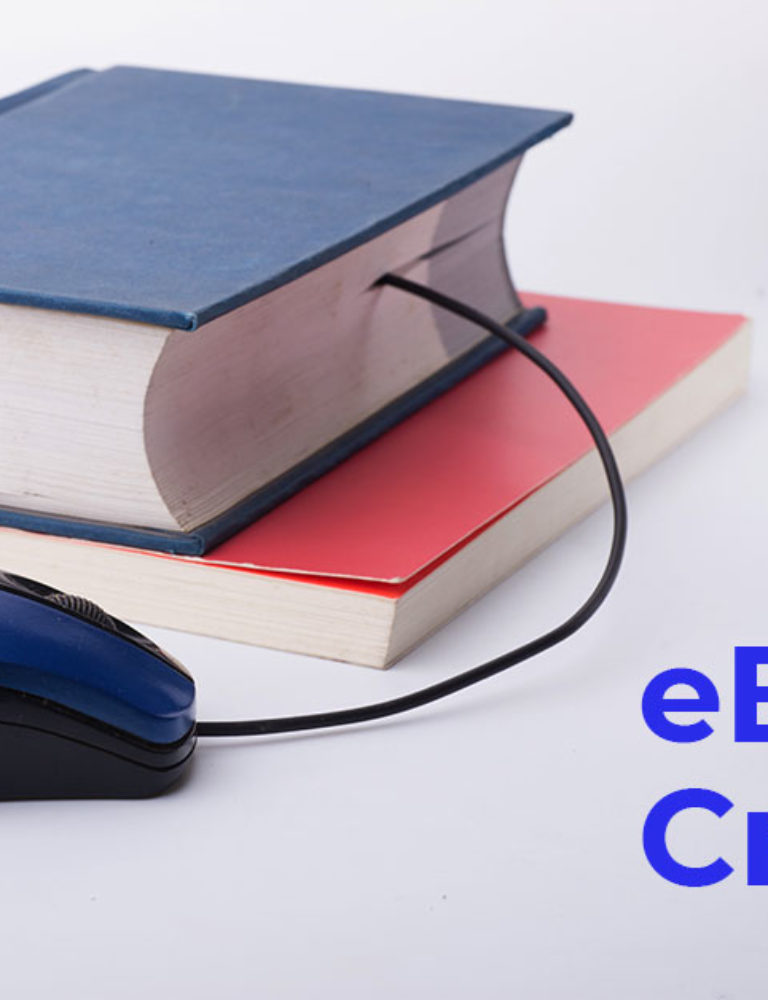Around 46,736 academic journals are published worldwide every year. The number of academic journals published per year has grown 28.7% over the last 10 years.
This not only represents the diversification and specialization within academic disciplines but also underscores the escalating challenge and opportunity for publishing leaders.
The quest for impactful scholarly dissemination transcends traditional boundaries in academic publishing. As the president or director of a publishing house, your role is pivotal in shaping the landscape of academic achievement.
This article aims to arm you with robust analytics, actionable insights, and practical strategies, ensuring your contributions profoundly influence the academic community and uphold the integrity of scholarly communication.
Table of Contents
I. How Has the Traditional Landscape of Academic Publishing Changed?
- Open Access Movement
- From a Document-Led to a Data-Led Model
- Diverse Metrics of Success
- Interdisciplinary and Collaborative Research
II. Best Practices for Academic Publishers to Navigate the Current Landscape
- Embrace Digital Transformation
- Invest in AI-Driven Analytics
- Adopt Digital Textbook Platforms
- Focus on Open-Access Models
- Uphold Ethical Standards and Integrity
III. Final Thoughts
How Has the Traditional Landscape of Academic Publishing Changed?
Historically, academic achievement in publishing was largely gauged by the prestige of the journals where research was published. The focus was on publishing in high-impact factor journals, often behind paywalls, limiting access to a broader audience.
Success was measured by metrics such as citation counts and the impact factor of journals, which, while indicating the reach and influence of research, often overlooked broader contributions and real-world impact.
Moreover, the academic community was somewhat insular, with a heavy emphasis on theoretical research. The accessibility of research findings was limited, with a majority of the work accessible only to those within the academic sphere or those who could afford expensive journal subscriptions.
In contrast, today’s landscape of academic achievement in publishing is markedly different with:
1. Open Access Movement
There’s a growing trend towards open-access publishing, democratizing knowledge by making research findings freely accessible to anyone with internet access.
This shift is expanding the reach of academic work beyond the ivory towers, allowing practitioners, policymakers, and the general public to engage with and benefit from scholarly research.
2. From a Document-Led to a Data-Led Model
The advent of digital technology has revolutionized how research is disseminated and consumed. Online platforms, like KITABOO, social media, and digital repositories offer new avenues for sharing and discussing research findings.
Additionally, robust analytics and reporting provide a deeper understanding of how research is being used, facilitating a more nuanced approach to measuring impact.
3. Diverse Metrics of Success
The definition of academic achievement has expanded to include alternative metrics (alt-metrics), which consider social media mentions, downloads, and media coverage. This reflects a broader view of impact, recognizing the importance of societal engagement and the practical application of research findings.
4. Interdisciplinary and Collaborative Research
There’s an increasing emphasis on interdisciplinary and collaborative research, breaking down silos between disciplines. This approach fosters a more holistic understanding of complex issues, encouraging innovation and practical problem-solving.
Best Practices for Academic Publishers to Navigate the Current Landscape
Implementing the best practices will not only enhance the quality and reach of academic publications but also ensure that publishers remain at the forefront of the rapidly evolving field of scholarly communication.
Here are the top five best practices:
1. Embrace Digital Transformation
In academic achievement in publishing, embracing digital transformation is crucial. This involves integrating advanced digital technologies into the publishing workflow.
For instance, KITABOO’s K.AI tool can streamline peer review by quickly identifying suitable reviewers and detecting potential conflicts of interest. It also assists in content curation, ensuring relevance and quality, and efficiently checks for plagiarism.
Digital platforms like KITABOO further enrich the learning experience by incorporating interactive elements like videos and animations into traditional texts.
For example, consider a digital biology textbook. By using AI, the publisher can include interactive 3D models of cellular structures, allowing students to explore these concepts more engagingly and intuitively, significantly enhancing their learning experience.
2. Invest in AI-Driven Analytics
Investing in AI-driven analytics is vital for academic publishers to stay ahead. These analytics provide valuable insights into how readers interact with content.
By analyzing data like reading time, most read sections, and download rates, publishers can understand what captures readers’ interest. This information guides editorial decisions, helping to identify trending topics and adapt content to meet the academic community’s needs.
For example, an academic journal can utilize an AI analytics tool to track which articles are most cited and shared on social media. Discovering a high interest in sustainable energy research, the journal prioritizes this field in its upcoming issues, aligning its content with current academic interests and trends.
3. Adopt Digital Textbook Platforms
Developing digital textbook platforms is a transformative step in academic publishing, offering a more interactive and adaptive learning experience.
Platforms like KITABOO can tailor content to individual learning styles and paces, making K12 education more personalized. Features like quizzes, simulations, and interactive diagrams cater to various learning preferences, enhancing comprehension and engagement.
4. Focus on Open-Access Models
Transitioning to open-access models is key to broadening the reach and accessibility of academic research. This approach allows free access to scholarly works, removing financial barriers.
The challenge lies in creating sustainable financial models that ensure both accessibility and high-quality publishing standards. Open access models facilitate the dissemination of knowledge, contributing to a more informed and educated global community.
5. Uphold Ethical Standards and Integrity
Only an error-free, perfect journal or research paper that upholds ethical standards can spread the message without any ambiguity. Maintaining high ethical standards and integrity is fundamental in academic publishing.
This involves transparent peer-review processes to ensure the credibility of published work, combating predatory practices, and upholding the integrity of content. Regular revision and enforcement of ethical guidelines are necessary to maintain the trust and respect of the academic community.
A publisher might implement a double-masked peer-review process to prevent bias, where both the authors and reviewers remain anonymous. They could also provide clear guidelines and regular training to editors and reviewers to recognize and reject submissions from predatory journals, thereby safeguarding the quality and credibility of their publications.
Final Thoughts
K12 Publishers stand at a crossroads where adapting to the digital era is not a choice but a necessity.
As we navigate through this era of transformation, remember that the core of academic publishing remains steadfast – the pursuit of knowledge and the dissemination of ideas. It’s about building bridges between the past and the future, melding the rigor of traditional scholarship with the possibilities of the digital age.
Platforms like KITABOO are not just tools; they are gateways to new realms of academic engagement. KITABOO’s high-scale digital textbook platform, deployed in over 20 countries, is a testament to the power of technology in revolutionizing K12 learning.
With its capacity to handle over 14 million API calls daily and its reach to over 5 million active users, KITABOO exemplifies the potential of digital platforms in enhancing academic achievement in publishing. It offers an ecosystem where robust analytics and actionable usage insights converge, providing publishers with the means to create and deliver content that meets the diverse needs of today’s learners.
Discover How An Ebook Conversion, Publishing & Distribution Platform Can Help You
Kitaboo is a cloud-based content platform to create-publish & securely distribute interactive mobile-ready ebooks.
You May Also Like
-
Complete guide on ePUB DRM security
Blog,Digital Publishing,eBook solution,Education Technology / January 10, 2024







